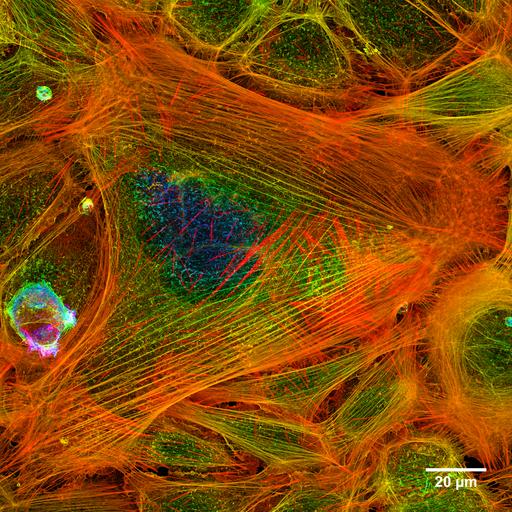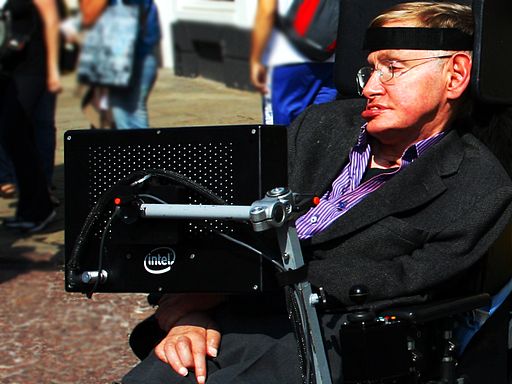Without legalizing drugs, Portugal has chosen to treat drug-addicted citizens as citizens, not criminals.
Portugal’s drug problems came on quickly after the 1974 fall of its 50-year military dictatorship. According to physician, João Goulão, the populace was not prepared for the readily available drugs that flowed into the country.
“Drug users aren’t criminals, they’re sick,” Goulão says. Not everyone agrees — Pinto Coelho, for example. But the anti-drug commission quickly agreed on this position, which formed the basis for Portugal’s experiment in dealing with drug users without dealing in deterrents. Goulão repeats that statement often, as do members of his staff within the anti-drug program, as well as doctors at state-run drug clinics. More surprising is that a Lisbon police commissioner, whose officers spend their days searching for drugs, says it too.
The logical extension of this statement is that people who are not criminals should not be treated as criminals. They should not be arrested, put on trial or thrown in jail. The punishment for drug possession in Portugal prior to decriminalization was up to a year in prison. The Portuguese experiment has been in action since Law 30/2000 went into effect nearly 12 years ago, and Goulão’s staff is currently calculating how much money the country’s judicial system has saved, in its courts and prisons, now that it no longer has to process individuals the police catch with a few grams of drugs.
“The police still search people for drugs,” Goulão points out. Hashish, cocaine, ecstasy — Portuguese police still seize and destroy all these substances. Before doing so, though, they first weigh the drugs and consult the official table with the list of 10-day limits. Anyone possessing drugs in excess of these amounts is treated as a dealer and charged in court. Anyone with less than the limit is told to report to a body known as a “warning commission on drug addiction” within the next 72 hours.
The Second Time Brings Consequences
In Lisbon, for example, the local drug addiction commission is housed on the first floor of an unremarkable office building. The idea is that no one should feel uncomfortable about being seen here. A 19-year-old in a white polo shirt waits in one room. Police caught him over the weekend with about a gram of hashish.
A social worker has already questioned him for half an hour and learned that he attended vocational training at an agricultural school, lives with his parents and smokes pot now and then. This was the first time he was caught in possession of drugs. “Social user, no risk factors present,” the social worker notes.
Next, a psychologist and a lawyer speak to the young man. They want to know if he’s aware of the dangers of cannabis. “Yeah, yeah, from school,” he says. “We had a class on prevention.” As long as he isn’t caught again within the next three months, his case will be closed. “We won’t inform anyone that you were here and this won’t go on your record,” the lawyer explains. “But if it happens a second time, there are serious consequences.”
But later, asked to explain these consequences in more detail, nothing comes to her mind that sounds particularly serious. A couple days of community service, perhaps. The commission can also impose fines, but the lawyer says it doesn’t like to do so for teenagers. The fines are likewise not intended for people the commission determines to be addicts — they’re already paying to maintain their habit.
“Our most important duty is to invite people to participate in rehab,” she explains. Lisbon police send around 1,500 people to the commission each year, which averages out to less than five a day. Seventy percent of these cases concern marijuana. Those who fail to turn up receive a couple of reminders, but coercion is not an intended part of this system.
Goulão has indicated, “Decriminalization is pointless, he says, without being accompanied by prevention programs, drug clinics and social work conducted directly on the streets.”
To see the rest of this article, with information on statistical success of the program as well as Goulão’s concerns about availability of funding in the wake of Portugal’s financial austerity program, see How Portugal’s decriminalization program has fared.
To see how the U.S. prison system stacks up in terms of the number of people incarcerated for drug-related crimes, visit the next page.



